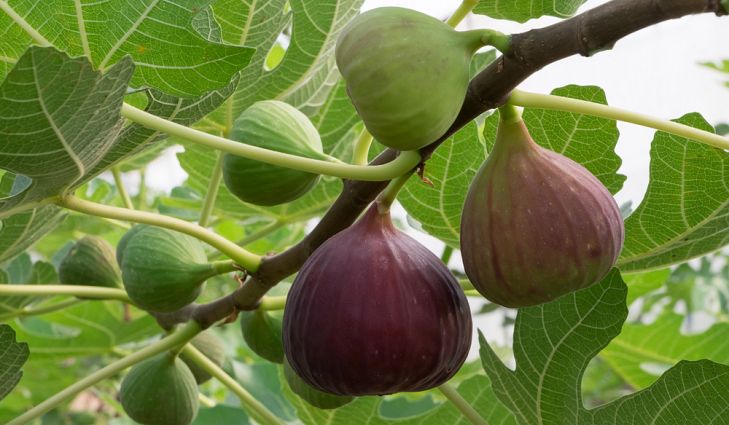Reflections about new and old, aged and young.
Today I begin a new life. Today I shed my old skin which hath, too long, suffered the bruises of failure and the wounds of mediocrity. Today I am born anew and my birthplace is a vineyard where there is fruit for all. — Og Mandino For I am full of words,and the spirit within me […]

